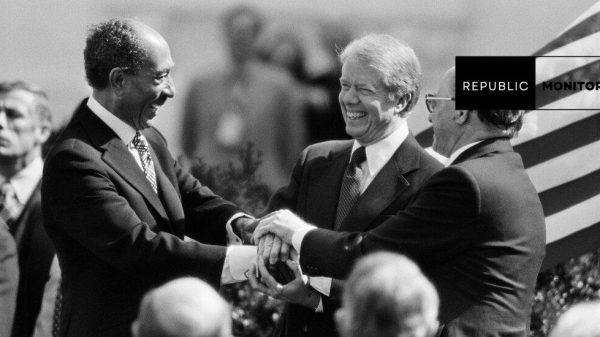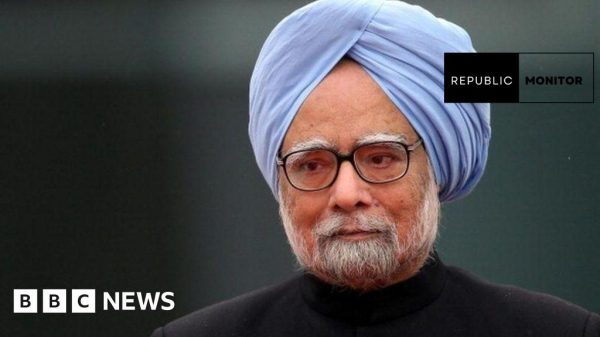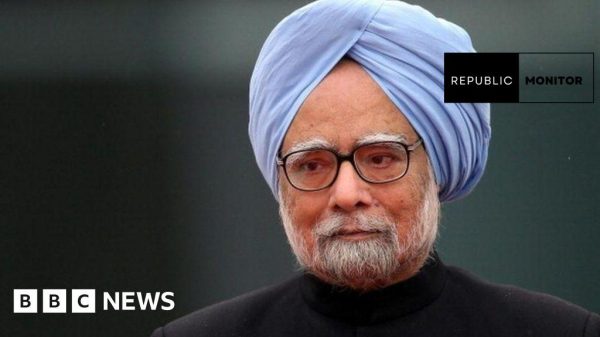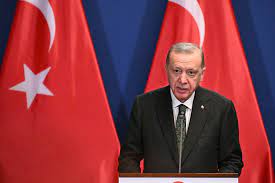Divergent Voices Condemn Airstrikes in Yemen
In the aftermath of overnight airstrikes conducted by the United States and the United Kingdom on Houthi-controlled areas of Yemen, a chorus of condemnation and concern reverberated across the international stage. While Iran, Russia, and Turkey raised their voices against the military operation, the global community grapples with the implications of this escalation.

The US and British airstrikes in Yemen are denounced by Iran, Russia, and Turkey on a global scale.
Iran’s Strong Condemnation
Iran, a key ally of the Houthi rebels, swiftly condemned the airstrikes. Iranian Foreign Ministry spokesman Nasser Kanaani labeled the attacks as “arbitrary” and a “violation of sovereignty and territorial integrity” of Yemen. Kanaani emphasized the violation of international laws and warned of the consequences, asserting that such actions would only fuel insecurity and instability in the region. Furthermore, Iran urged the international community to intervene, stressing the need to prevent the escalation of war.
Russia Joins the Chorus
Echoing Iran’s sentiments, Russia expressed its disapproval of the military strikes in Yemen. As a longstanding ally of the Syrian government, Russia’s condemnation aligns with its broader stance against external interventions in regional conflicts. The airstrikes further strain the already complex geopolitical landscape, with Russia urging restraint and a return to diplomatic solutions.
Erdogan’s Accusation: US and UK Aspiring to a “Bloodbath”
Turkish President Recep Tayyip Erdogan added a layer of accusation, asserting that the strikes were not proportional and constituted a “disproportionate use of force.” Erdogan, critical of the military intervention, went on to claim that the United States and the United Kingdom aspire to turn the Red Sea into a “bloodbath.” His remarks highlight the deepening concerns about the potential consequences of the airstrikes on regional stability.
Global Community Expresses Concerns
China, in expressing concerns over a potential escalation, joined the international community’s cautious response to the airstrikes. Meanwhile, Jordan placed blame on “Israeli aggression on Gaza” as a contributing factor to the situation. France and Belgium vowed to continue efforts to halt attacks on shipping by the Houthi group, emphasizing the need for concerted global action to address the challenges posed by the ongoing conflict.
A Call for De-escalation and Stability
In a joint statement, the United States and its allies emphasized that their primary goal remains the “de-escalation of tensions and restoration of stability in the Red Sea.” The statement underscores the commitment to diplomatic resolutions and reducing tensions in the region.
Conclusion: Navigating a Fragile Global Landscape
As the dust settles on the aftermath of the airstrikes in Yemen, the international community finds itself at a critical juncture. The divergent voices of condemnation and concern underscore the complexity of navigating regional conflicts. The global challenge now lies in fostering diplomatic solutions, de-escalating tensions, and preventing further destabilization in a fragile geopolitical landscape.
















